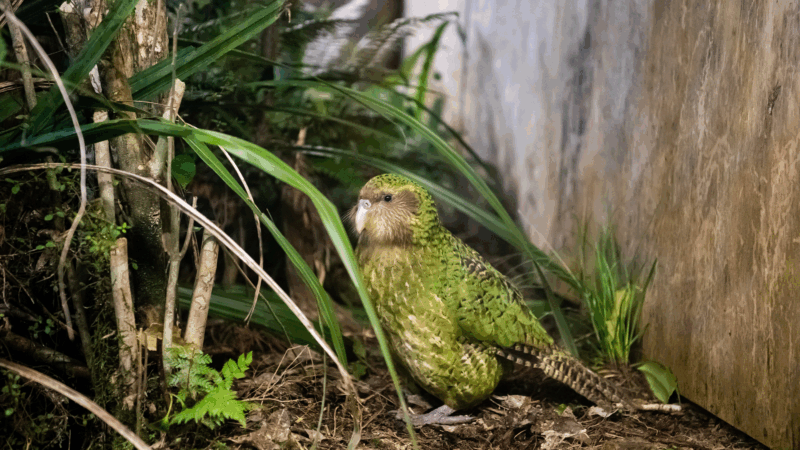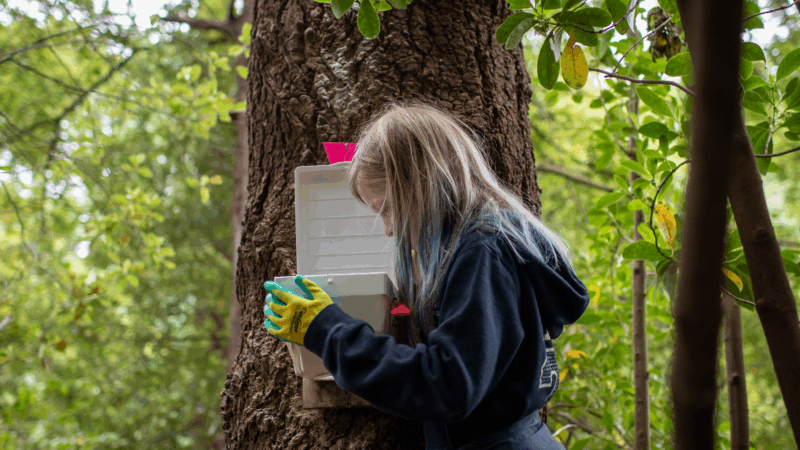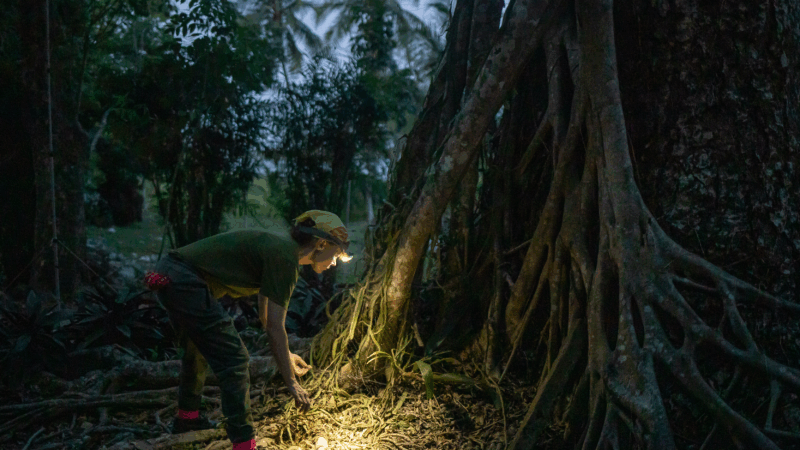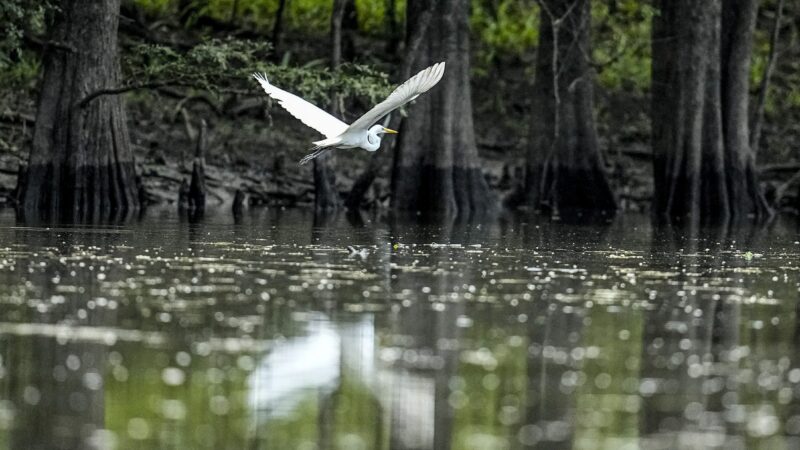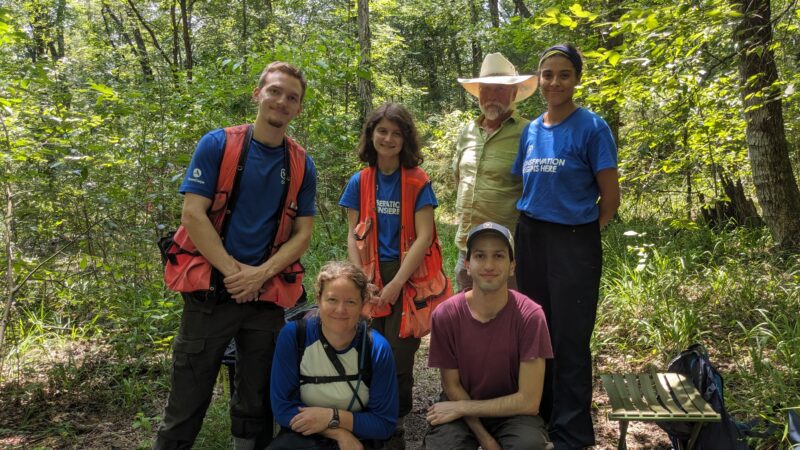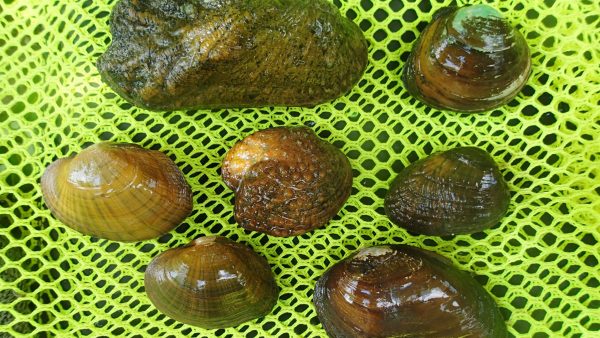Biodiversity
To save its unique and rare birds, New Zealand is turning to AI and genetic research
New Zealand is planning to eradicate millions of invasive animals that prey on the country's rare birds. The goal may not be possible, unless new technology can be developed to do it.
To save its rare birds, New Zealand is relying on a nation of backyard trappers
New Zealand's unique birds are at risk of extinction, like the kiwi. So the country is trying to eradicate the invasive species that prey on them. Everyday people are lining up to help.
Scientists want to track the world’s biodiversity using DNA in the air
Scientists have found a way to sample DNA out of the air on a large scale — making it possible to one day track the health and well being of all kinds of species around the world.
In the Marble Bowl, the heated rivalry between Alabama and Auburn is getting ‘wilder’
The Marble Bowl is a competition that pits fans of the University of Alabama against Auburn University. No tight ends or cornerbacks, quarterbacks or linebackers are needed, although they can play, too.
Conservationists try to protect ecologically rich Alabama delta from development, climate change
Residents, scientists and environmentalists are working to protect the entire Alabama ecosystem considered crucial to the survival of species and the health of the delta and, ultimately, the Gulf of Mexico. They’re acquiring property to prevent development and logging that chips away at forests, worsens flooding and threatens species — and as a buffer against climate change.
What’s your favorite thing about Alabama?
That's the question we put to those at our recent News and Brews community pop-ups at Hop City and Saturn in Birmingham.
In Alabama’s Paint Rock Valley, researchers count every tree thicker than a pencil
In an effort to better understand the biodiversity of north Alabama, scientists are conducting a “tree census,” with the goal of studying roughly 100,000 trees for 50 years.
University of Alabama Receives $1.8 Million to Study Mussel Biodiversity
A research team led by the University of Alabama has received $1.8 million to study biodiversity of freshwater mussels. The National Science Foundation announced the award Thursday. Carla Atkinson, an […]
Interview: Dr. Edward O. Wilson, Biologist and Alabama Native
Dr. Edward O. Wilson is best known for his work studying ants. Wilson discovered the first fire ant colony in North America, as a 13-year-old playing outside in Mobile. The world-renowned scientist recently came back to his alma mater, The University of Alabama, for a week-long symposium celebrating Alabama's biodiversity. Reporter Gigi Douban talked with Wilson about what makes Alabama so special, what to do when ants invade your kitchen and his recent contributions to UA.
Inside Phylogeography
'Comparative Phylogeography'. Sounds like scientific gobbledy-goop. But basically, it's a branch of biology that uses genetic information to look at the life histories of different animals. And Alabama is one of the richest places to do this kind of research, because there's such great biodiversity.

